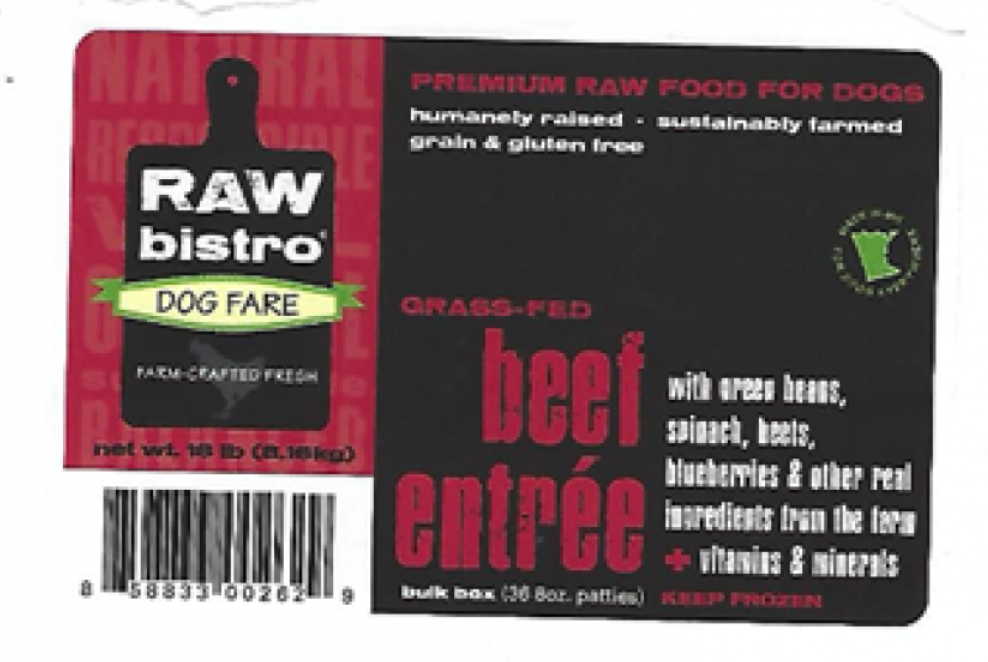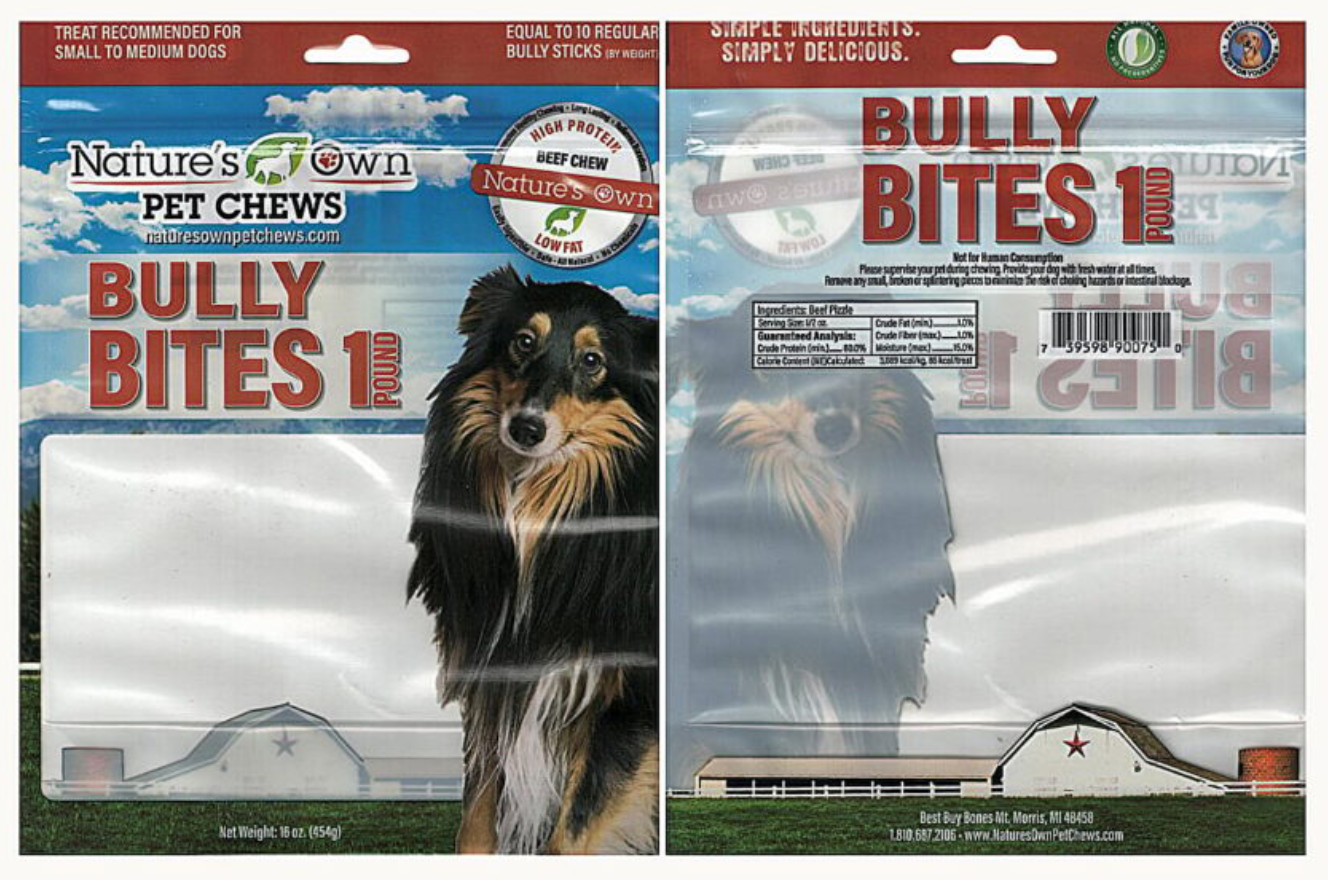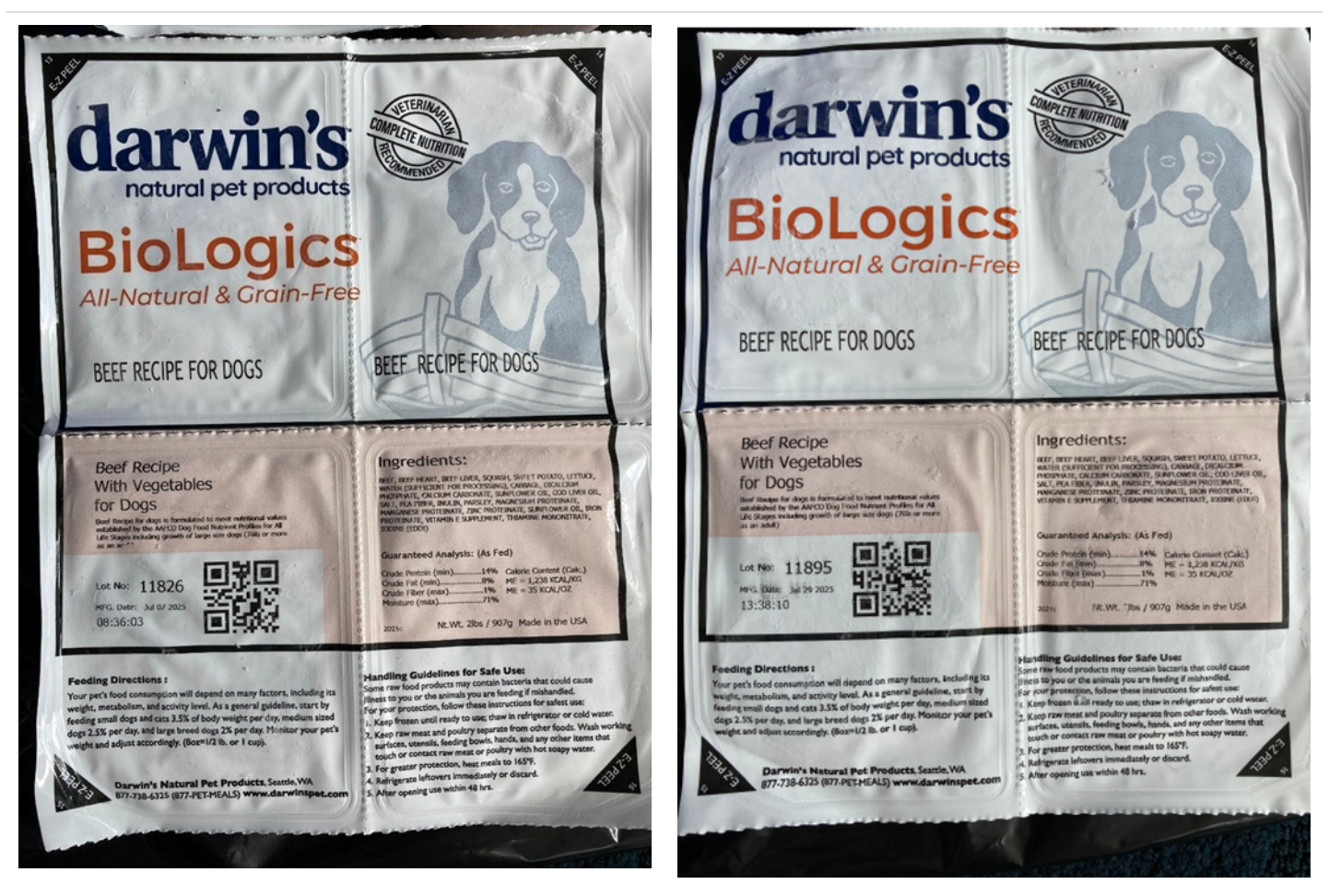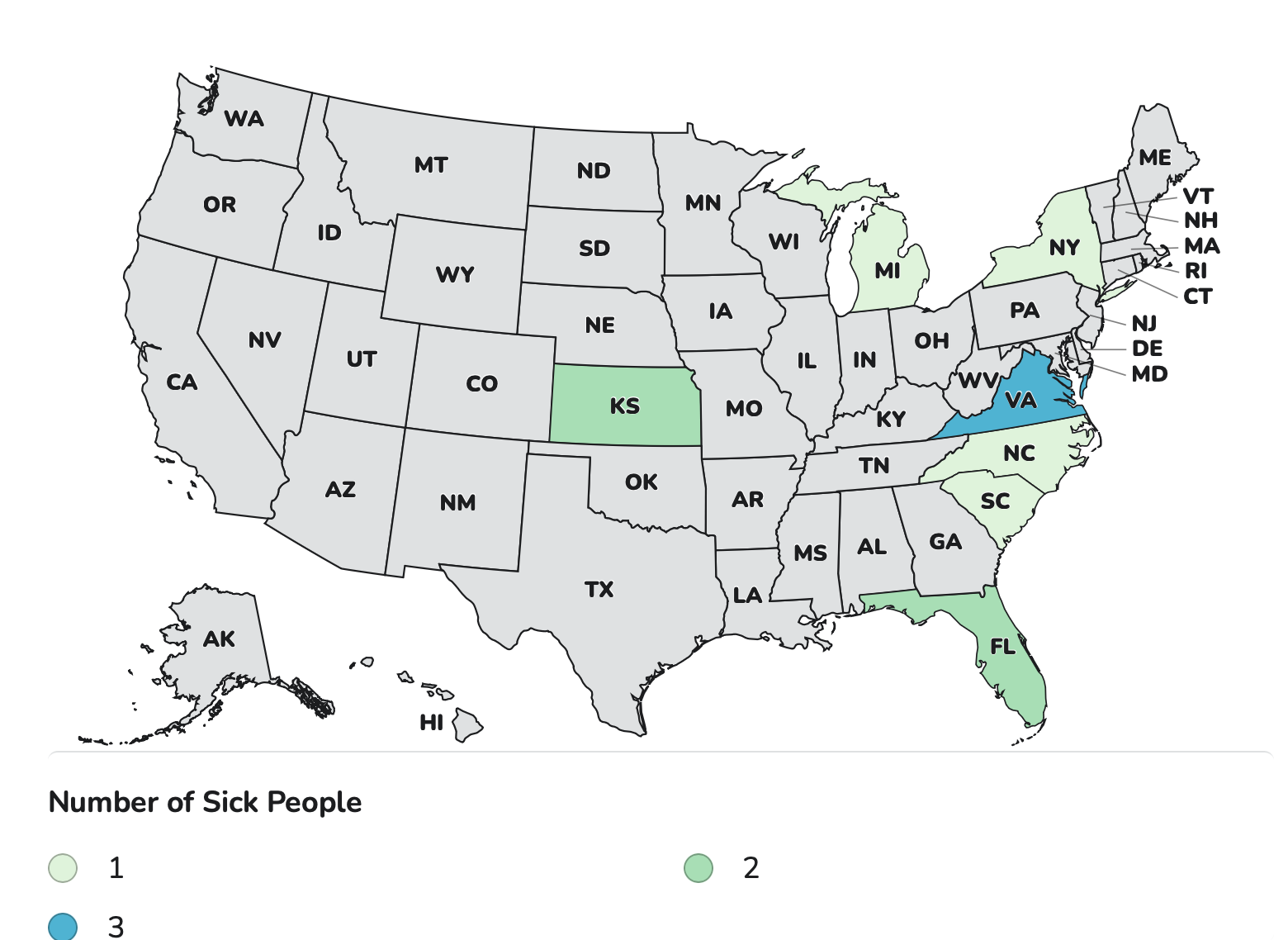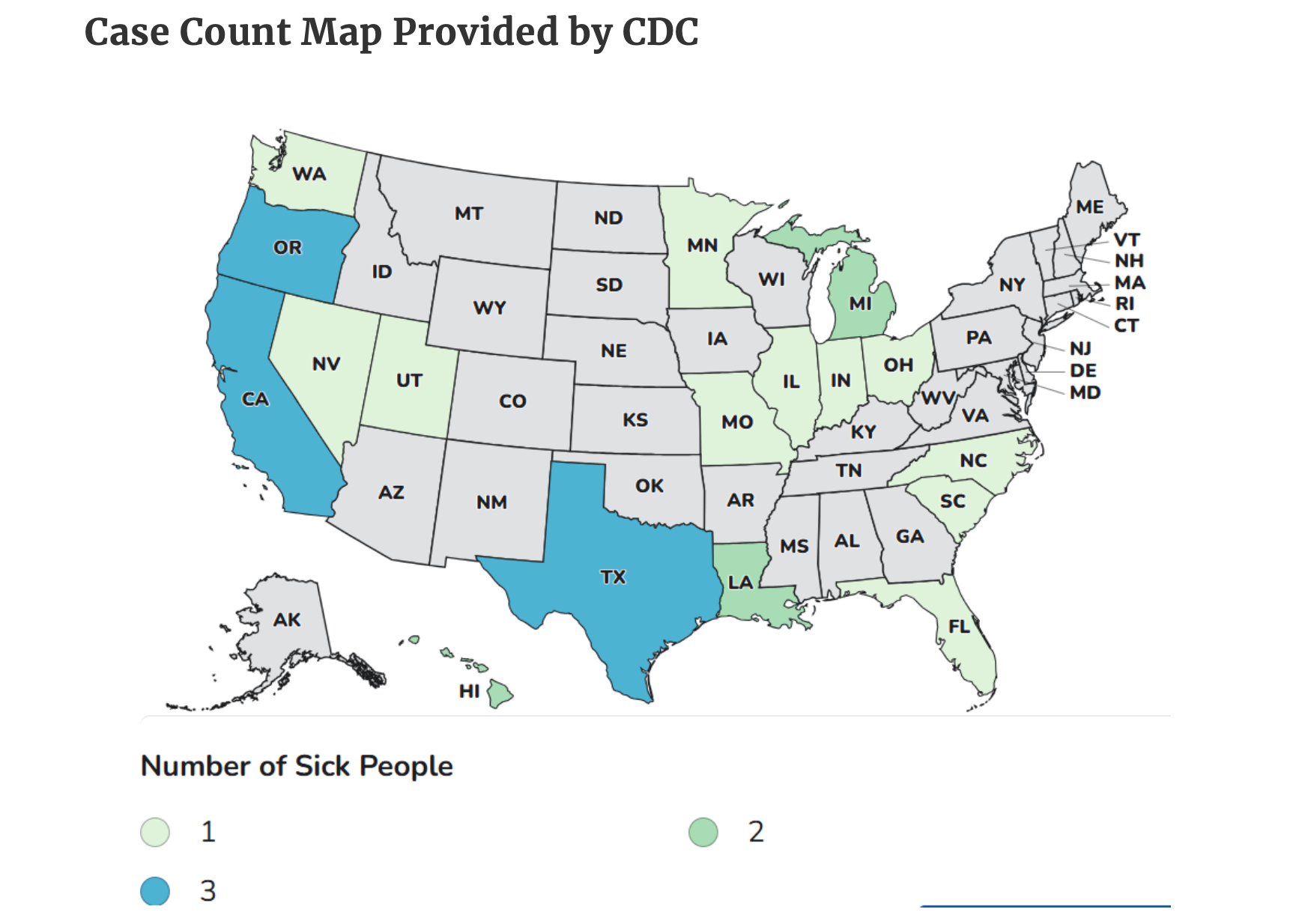More than two dozen people in Canada have been confirmed as outbreak patients in relation to dog treats.
Of the 31 laboratory confirmed patients, seven have required hospitalization according to the Public Health Agency of Canada. The patients in the Salmonella Oranienburg outbreak are spread across four provinces. They range in age from less than 1 to 87 years old.
The patients became ill be between mid-February through late September. There could easily be additional patients identified because of the lag time between when a person becomes ill and when their illness is logged by federal officials.
There are likely many more patients than those who have been confirmed because many patients do not seek medical attention and others are not specifically tested for Salmonella infections. The U.S. Centers for Disease Control and Prevention estimates that for every single patient diagnosed in a Salmonella outbreak there are 29 who go unconfirmed.
In Canada, pet food products are not subject to the same regulations and testing as food intended for humans. Dog food and treats can be contaminated with bacteria, including Salmonella, which can make people and dogs sick. People can get sick with Salmonella infections through contact with a dog, their food or treats, as well as their waste. Even if dogs don’t show any signs of illness, they can still infect people who are in contact with them or their environment.
Many people who became sick in this outbreak investigation reported handling dog food and treats prior to becoming ill. A single common supplier of dog food or treats has not been identified as the source of the outbreak.
Exposure to certain Puppy Love and Puppy World brand dog treats has been identified as a likely source for some of the illnesses reported in the outbreak.
Salmonella was found in samples of:
- Puppy World Lamb Lung treats (150 gram, 340 gram, 454 gram bags)
- Puppy Love Chicken Wing Tip treats (120 gram bags)
- Puppy Love Chicken Breast treats (120 gram and 300 gram bags)
- Puppy Love Beef Chew 6 inch treats (Value pack, four pieces)
- Puppy Love “Twisty Jr.” beef treats (Value pack, five pieces)
The public health notice did not include photographs of the implicated products.
To reduce your risk of becoming ill from contact with a dog, their food or treats:
- Always wash your hands thoroughly with soap and water immediately after handling any type of dog food or treat.
- Teach children to wash their hands thoroughly, with soap and water, every time after touching dogs, their food or treats.
- Wash and sanitize any containers, utensils and surfaces that have come into contact with dog food or treats before using them again. This includes food and water bowls, countertops, microwaves and refrigerators.
- Use dedicated dishes and utensils to serve your dog and wash them separately from other dishes and utensils.
- Store all dog food and treats away from where human food is stored or prepared and away from reach of young children. Pick up food and treats containers when your pet is done with them.
- Follow storage instructions found on the packaging of dog food and treats, including proper refrigeration and freezing if needed, to prevent them from becoming spoiled.
- Read the labels on dog food and treats to learn about the ingredients, the product’s expiry date, and if the food is cooked or raw. Raw pet food and treats may be fresh, frozen, dehydrated or freeze-dried.
- Wash your hands after contact with a dog and after handling their waste.
About Salmonella infections
Human and pet food contaminated with Salmonella bacteria does not usually look, smell, or taste spoiled. Anyone can become sick with a Salmonella infection. Infants, children, seniors, and people with weakened immune systems are at higher risk of serious illness because their immune systems are fragile, according to the CDC.
Anyone who has eaten any of the implicated products and developed symptoms of Salmonella infection should seek medical attention. Sick people should tell their doctors about the possible exposure to Salmonella bacteria because special tests are necessary to diagnose salmonellosis. Salmonella infection symptoms can mimic other illnesses, frequently leading to misdiagnosis.
Symptoms of Salmonella infection can include diarrhea, abdominal cramps, and fever within 12 to 72 hours after eating contaminated food. Otherwise, healthy adults are usually sick for four to seven days. In some cases, however, diarrhea may be so severe that patients require hospitalization.
Older adults, children, pregnant women, and people with weakened immune systems, such as cancer patients, are more likely to develop a severe illness and serious, sometimes life-threatening conditions.
Some people get infected without getting sick or showing any symptoms. However, they may still spread the infections to others.
(To sign up for a free subscription to Food Safety News, click here)

